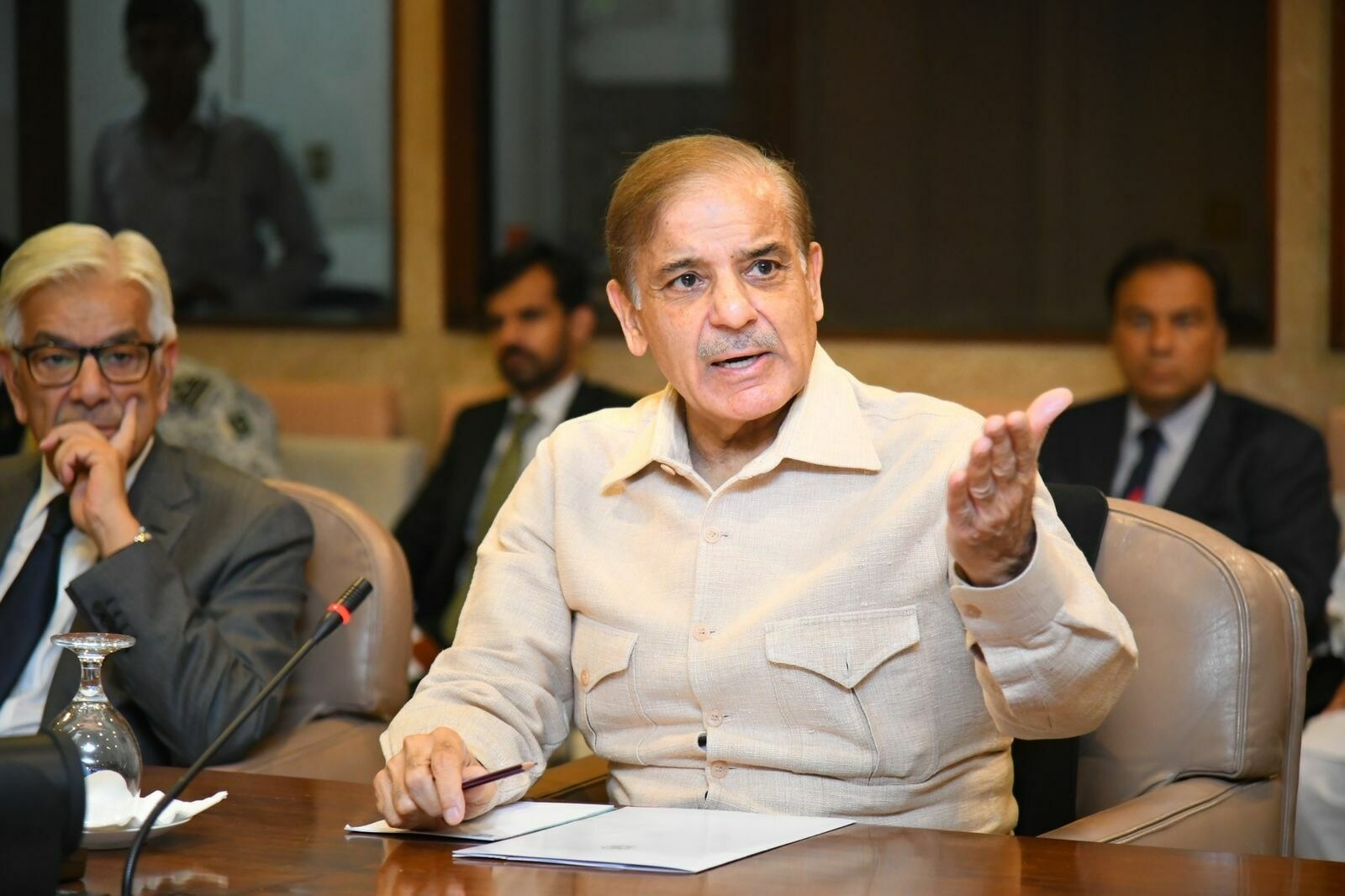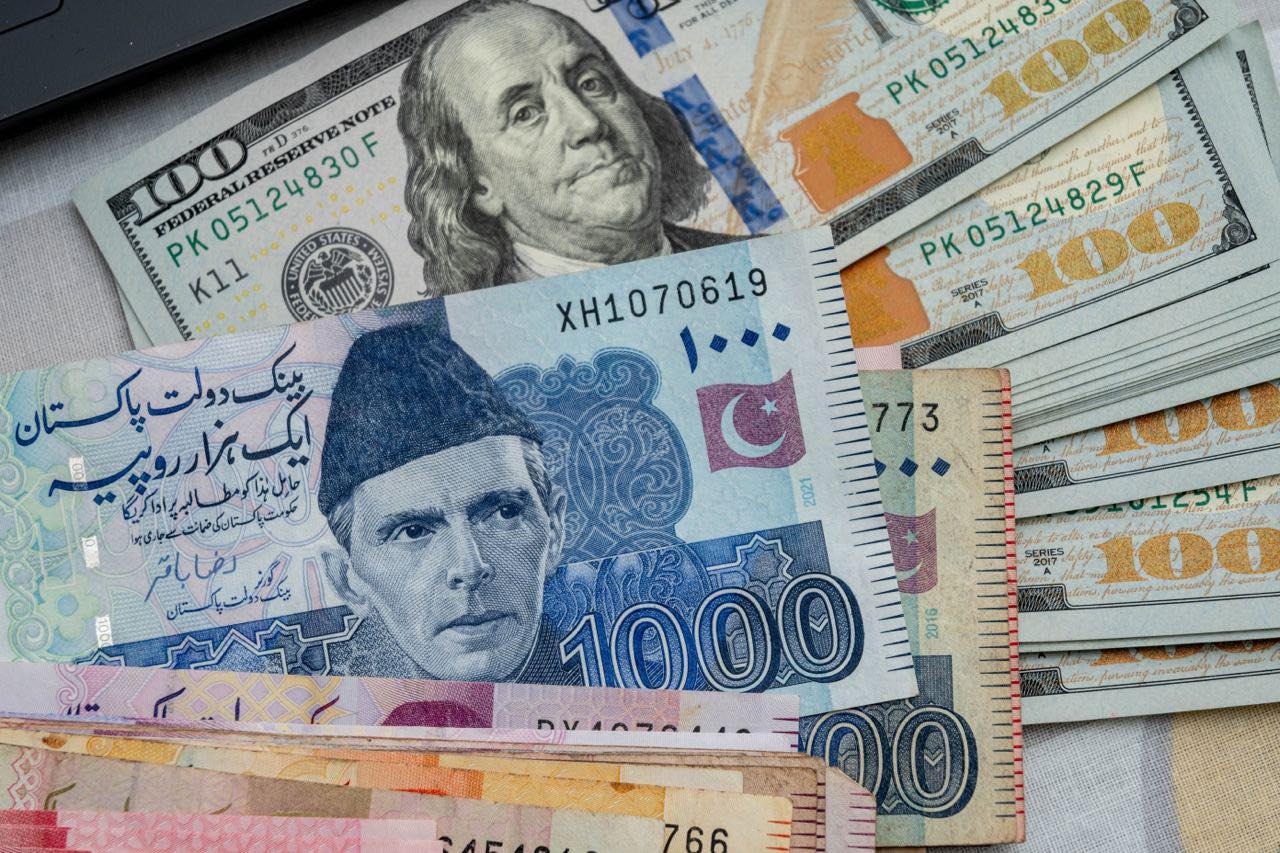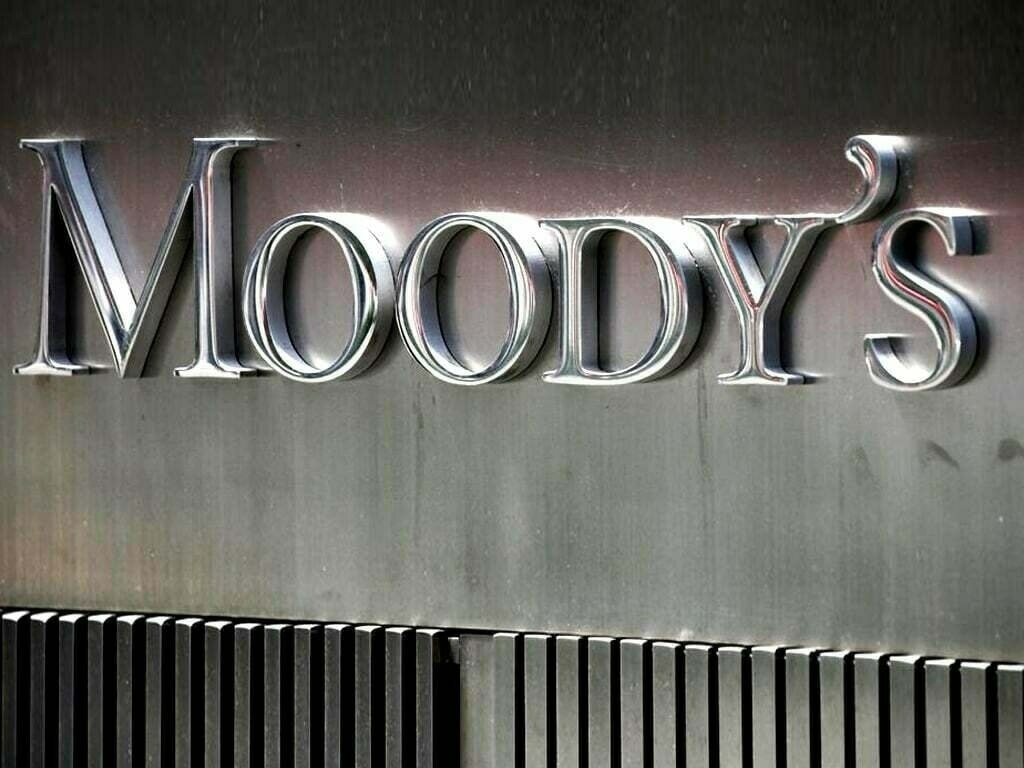PTBP Web Desk
Prime Minister Shehbaz Sharif has once again stressed that Pakistan’s transition to a cashless digital economy remains a top government priority. Chairing a high-level meeting in Islamabad on Sunday, the Prime Minister reviewed the progress of the Pakistan Digital Public Infrastructure initiative and said the country must speed up its shift toward digital payments to modernise its financial system and reduce reliance on cash.
The premier expressed satisfaction with the steps taken so far, but urged federal and provincial authorities to accelerate reforms, strengthen Raast payment system, and expand digital financial services to every district in the country.
During the meeting, the Prime Minister directed chief secretaries of all provinces to fully cooperate with the federal government in expanding the Raast payment system at the district level. Raast, Pakistan’s instant payment system introduced by the State Bank of Pakistan, has already enabled faster and more secure transactions across government and private institutions.
According to officials, linking government-to-public (G2P) and public-to-government (P2G) payments through Raast has significantly reduced inefficiencies. Examples include digital disbursement of welfare payments, collection of government fees, and tax payments.
Shehbaz Sharif said the widespread adoption of Raast would not only make transactions more transparent but also help curb corruption, increase tax compliance, and build public trust in government financial systems.
The meeting was informed that under the Pakistan Digital Public Infrastructure initiative, a new digital ID system is being developed. These IDs will integrate a citizen’s national identity card details, biometrics, and mobile phone numbers.
With digital IDs, citizens will be able to conduct secure online financial transactions without relying on traditional cash payments. This measure, officials said, will strengthen financial inclusion by bringing unbanked populations into the formal economy.
The Prime Minister emphasised that building trust in digital security is essential for Pakistan’s transition to a cashless economy, and directed the relevant ministries to ensure foolproof systems for data protection.
Another key point highlighted in the briefing was the expansion of digital infrastructure to support Pakistan’s move toward a modern economy. The Federal Development Authority has already granted the right-of-way for fiber connectivity, which is expected to boost internet speed and reliability nationwide.
Furthermore, discussions are underway with Pakistan Railways and the National Highways Authority to expand fiber optic cables alongside railway tracks and highways. This will provide nationwide coverage and bridge the digital divide, especially in underserved rural areas.
By improving digital connectivity, Pakistan aims to lay the groundwork for services like e-commerce, online education, telemedicine, fintech solutions, and digital banking.
Experts believe that transitioning towards a cashless economy will provide multiple benefits for Pakistan’s financial ecosystem, including:
- Greater transparency: Reduced use of cash makes it easier to track transactions.
- Tax collection improvements: More people brought into the digital net means higher compliance.
- Reduced costs of doing business: Faster payments, fewer intermediaries, and lower risks of fraud.
- Financial inclusion: Enabling women, rural communities, and small businesses to participate.
- Economic growth: With digital adoption, Pakistan can increase foreign investor confidence.
Shehbaz Sharif reaffirmed that the government is committed to modernising the economy by implementing these reforms on an urgent basis.
The meeting was attended by senior government officials and federal ministers, including:
- Muhammad Aurangzeb, Minister for Finance and Revenue
- Ahad Khan Cheema, Minister for Economic Affairs
- Attaullah Tarar, Minister for Information and Broadcasting
- Shaza Fatima Khawaja, Minister for Information Technology and Telecommunication
- Ali Pervez Malik, Minister for Petroleum
- Bilal Azhar Kayani, Minister of State for Finance and Railways
- Dr Tauqeer Shah, Adviser to the Prime Minister
Their participation underlined the government’s commitment to a whole-of-government approach for digital transformation.
The Prime Minister concluded the meeting by saying that Pakistan cannot afford delays in adapting to the global digital economy. He emphasised that the transformation will not only boost efficiency in governance but also create opportunities for innovation, startups, and new jobs in the technology sector.
He further stressed that collaboration between the federal and provincial governments, as well as partnerships with the private sector, will be vital for Pakistan’s success in building a strong digital financial ecosystem.




